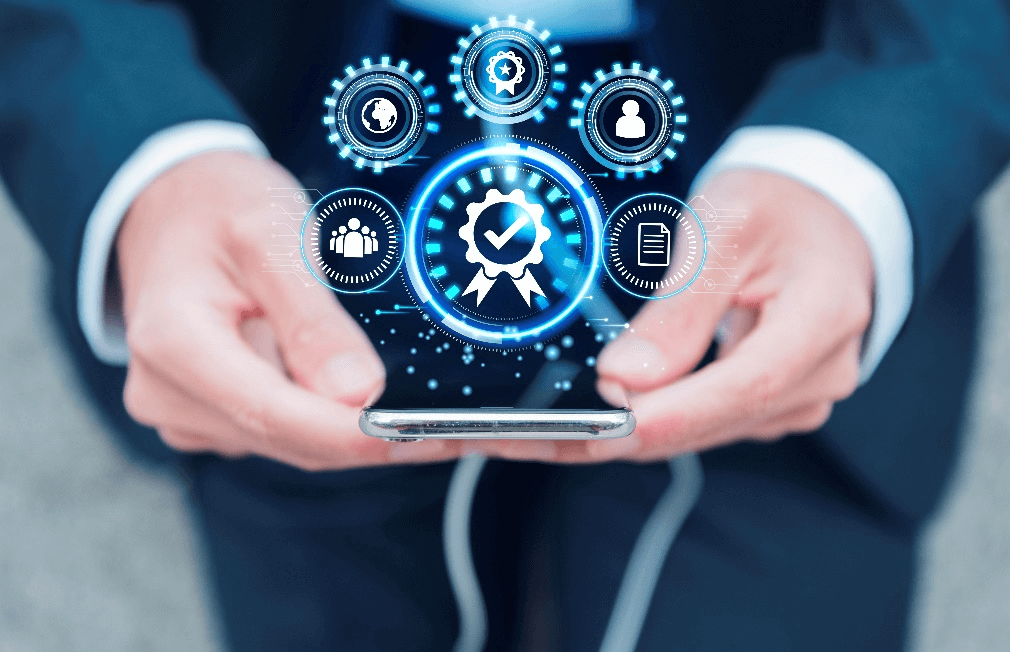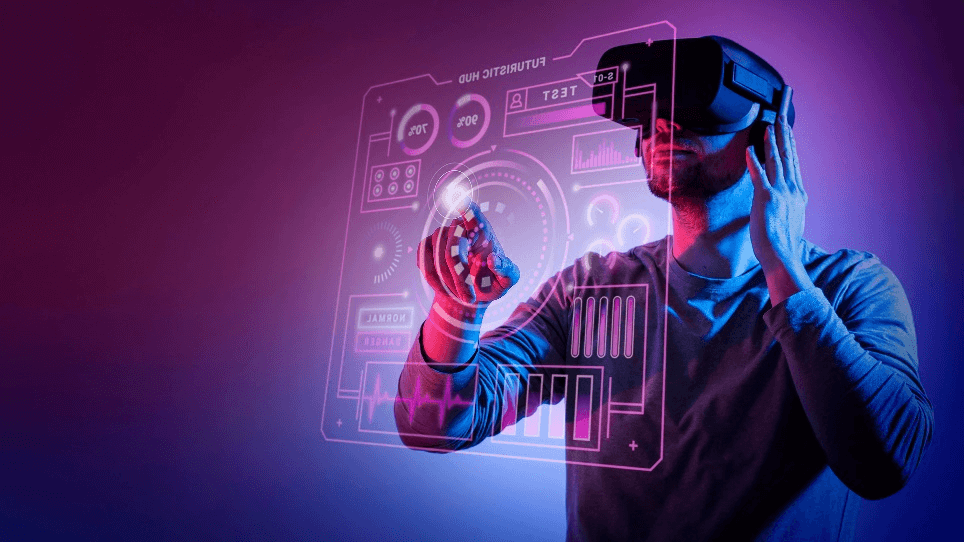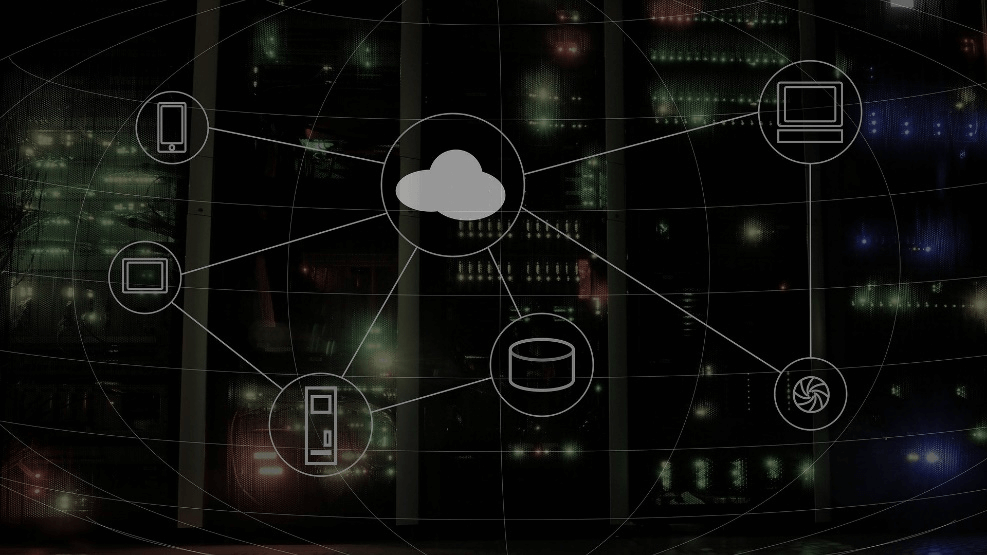Let’s recall back in those days when you needed pen and paper to do most of your tasks. But now, you would be rarely using it. The same can be said for HR Professionals.
The HR industry has seen a drastic change in the advancement of technology with the inclusion of AI and machine learning.
Tight your seatbelts for a journey through the history of HR Software development and its impact on HR operations.
How has HR software development progressed since its inception?
In the past, HR tasks were mostly manual and paper-based. HR personnel had to maintain files for each employee, track time-off requests, manage performance evaluations, and process payroll manually.
The process was time-consuming, cumbersome, and prone to errors. As the workforce grew, this method became increasingly difficult to manage. This led to the development of the first HR software, which aimed to automate manual processes.
It was in the 1970s era when SAP first launched the software, which managed personnel management and tracking more effectively than pen and paper.
At that time HR systems were mainly used for payroll processes. But as time proceeded, HR Software was integrated with other functions like administration and performance management.
Moving forward to the late 1990s and early 2000s, the integration of HR Software with ERP systems was done resulting in comprehensive functionality and automation.
In the early 2000s, web-based HR software came into existence. Web-based HR software allowed HR personnel to access HR systems from any device with an internet connection.
This eliminated the need for organizations to install software on their servers, reducing the cost of ownership. Web-based HR software also made it easier for HR personnel to collaborate with managers and employees.
HR technology has shown remarkable progress since 2000. As businesses started shifting to digital transformation, demand for automation and data-driven insights has skyrocketed.
The COVID-19 pandemic further pushed the process. With new challenges occurring for HR professionals, software experts responded with various advanced solutions like Remote Workspace Management, Virtual Recruitment, Employee-wellbeing, Data Analysis, etc.
The advent of cloud computing allowed HR software to be accessed via the internet, making it easier for businesses to implement and maintain the software without installing it on-premises.
Can AI and automation improve HR processes and decision-making?
AI chatbots are currently a hot topic in 2023. The launch of ChatGPT by Open AI has taken the internet by storm, forcing Google to quickly launch its own chatbot Bard.
AI-powered chatbots are saving time for HR professionals by screening resumes, drafting job descriptions, and so on. Whereas, Machine Learning algorithms analyze the job description and find out the right candidates for the job.
Tools like sentiment analysis can analyze the feedback of employees, which can guide HR professionals to take proactive steps in advance.
In what ways can VR, AR, and Blockchain revolutionize the HR industry?
Technologies like virtual and augmented reality can be very useful for employee training and development. Through VR simulations, employees can be provided with a safer environment to practice tasks, reducing the chance of errors and accidents.
On the other hand, AR tools can provide employees with real-time information, to improve their performance and productivity.
Storing employee data in a secure and decentralized database could be a tedious task. Here blockchain technology comes into play. It can automate HR processes like payroll and administrative tasks, helping in reducing the workload of HR.
Why Cloud-Based HR Software is Essential for the Modern Workplace?
One of the most important advancements in HR technology has been the use of cloud-based software. It provides organizations the flexibility to access their data from anywhere at any time and on any device.
Companies can reduce their costs, as they don’t have to necessarily invest in costly on-premises infrastructure. HR professionals could work at remote locations and easily manage their tasks more efficiently.
Why is Data Security Important in HR Software Development?
Security is an important factor to consider while creating a software application. Organizations must keep strong cybersecurity protocols as it contains the personal data of employees such as contact numbers, addresses, etc.
Being compliant with laws and regulations related to data privacy is necessary to prevent legal and financial penalties. Besides this trust factor also plays an important role here. A breach of trust would negatively affect both employees and the organization.
Another challenge is the potential for bias in AI-powered tools. Bias can occur in recruitment software, where algorithms may prioritize certain attributes, such as education or work experience, over others. This bias can lead to a lack of diversity in hiring, which can negatively impact organizational performance.
Final Thoughts
There is no doubt the advancement in technology has significantly benefited the HR Software Development industry and will continue to do so. Natural language processing and voice recognition features are making HR solutions more inherent and easier to use.
Organizations with the help of customizable integrations can tailor the software according to their needs.
Innovating technologies like AI chatbots, VR, AR, and blockchain continue to shape the future of the HR industry, providing HRs with tools to manage their operations effectively. Organizations need to invest in the latest technologies to remain competitive and stay ahead in the industry.





